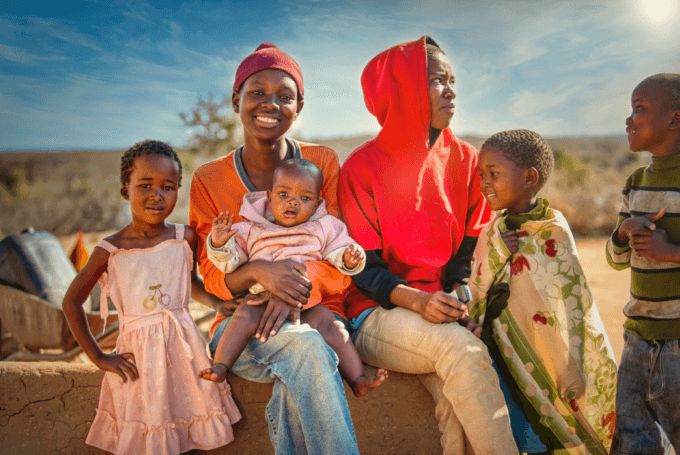
The Biafra genocide, or the Biafran War, is a conflict between Biafra and the Nigerian’s military response. The conflict began when the Igbo-dominated southeastern region of Nigeria declared the secession of Biafra on May 30, 1967. The secession was influenced by the feeling of being marginalized within Nigeria.
The secession was rejected by the Nigerian government, which launched a military to suppress the secession movement. From there on, the catastrophic genocide began. As a non-profit organization in Newark, New Jersey, that helps Biafran people in the USA, we are here to share the key takeaways from the Biafran genocide.
- Human rights violations
The genocide is already evidence of a violation of advocacy & human rights. Silencing the oppressed, taking away their rights, and abusing their well-being shows the human rights violations of the Biafran genocide. Family members and the relatives of the deceased during the conflict may experience the long-term effects of the genocide.
- Post-war reconciliations
The Nigerian government has made attempts to reconcile with the aftermath of war and rebuild the nation. However, the success of the attempts is uneven, as some of the population continues to feel marginalized.
- Humanitarian concerns
The Biafran war opened the most pressing humanitarian concerns that the Biafran people experienced. These humanitarian concerns include blockade, famine, displacement, relief efforts, and more. Sadly, these humanitarian concerns remain rampant. As we promote Biafra restoration in New Jersey, we believe in the importance of addressing humanitarian concerns during conflicts.
We at RisingSun Charities Organization will continue sharing the history, the Biafra Referendum, and more details about the genocide. We will continue to advocate for the truth and the betterment of Biafra. Connect with us now!








Leave a Reply